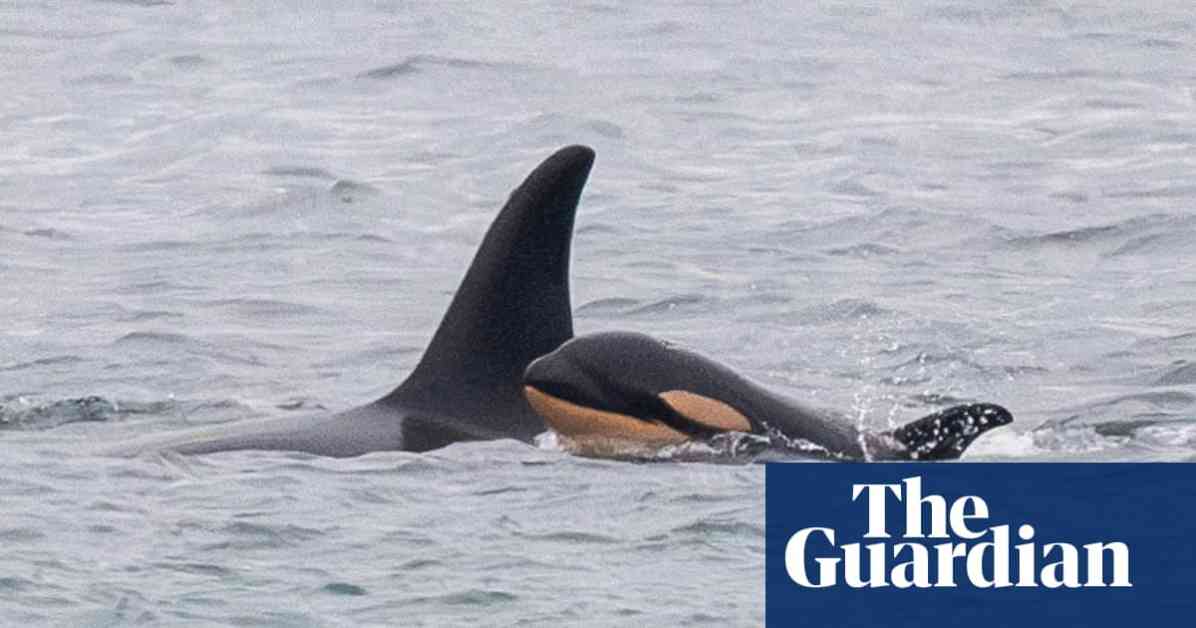Orca Whale’s Heartbreaking Tale Continues: A Story of Grief and Loss
In a heart-wrenching turn of events, Tahlequah, a grieving killer whale from the critically endangered southern resident killer whale population, has once again been spotted carrying the body of her deceased calf in the Puget Sound area. This devastating loss marks the second time Tahlequah has experienced the death of one of her calves, both of which were female, leaving researchers and conservationists deeply saddened.
A Mother’s Grief: Tahlequah’s Journey
Tahlequah first captured the world’s attention in 2018 when she pushed the body of her calf around the Salish Sea for 17 days, displaying what appeared to be an act of profound grief. Now, with the loss of her second documented calf, known as J61, Tahlequah’s story highlights the challenges facing the southern resident killer whale population.
Hope Amidst Tragedy: A Bittersweet Discovery
Amidst the heartbreak, there was a glimmer of hope with the discovery of a new calf, J62. This bittersweet moment brought a mix of extreme highs and lows for researchers and conservationists, underscoring the fragile nature of this endangered population.
Conservation in Crisis: Urgent Calls for Action
The plight of the southern resident killer whales serves as a stark reminder of the broader ecosystem crisis facing our oceans. As the population dwindles, conservation groups are urging action to prevent the extinction of these iconic creatures. The recent drop in population numbers to 73, with only 23 breeding females remaining, underscores the urgent need for intervention to protect these majestic animals for future generations.
As we witness Tahlequah’s heartbreaking journey unfold, we are reminded of the interconnectedness of all life on our planet. Let her story serve as a call to action to protect and preserve our oceans and the magnificent creatures that call them home. Join us in advocating for the conservation of our marine ecosystems and the preservation of our natural world. Together, we can make a difference and ensure a brighter future for all species, both on land and in the sea.
















